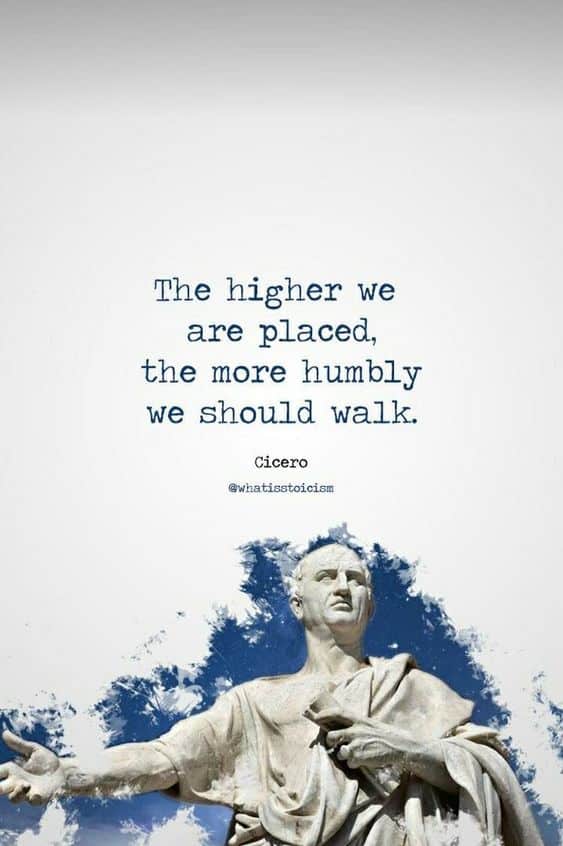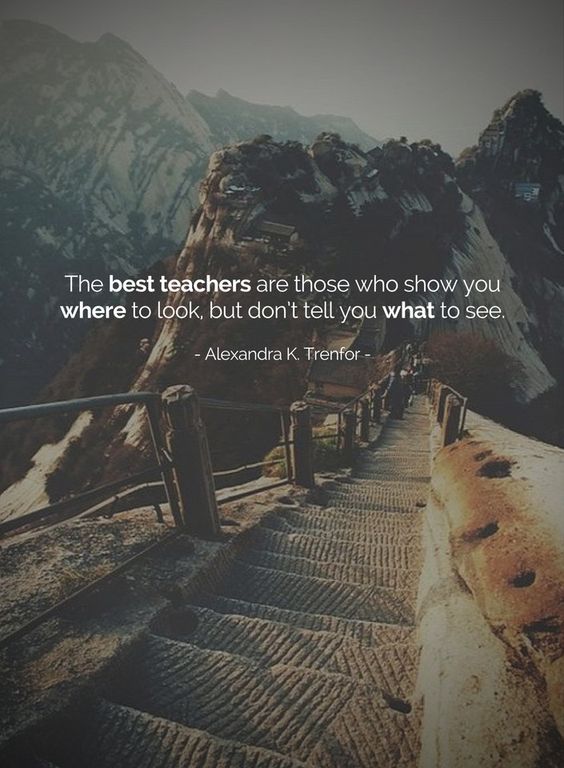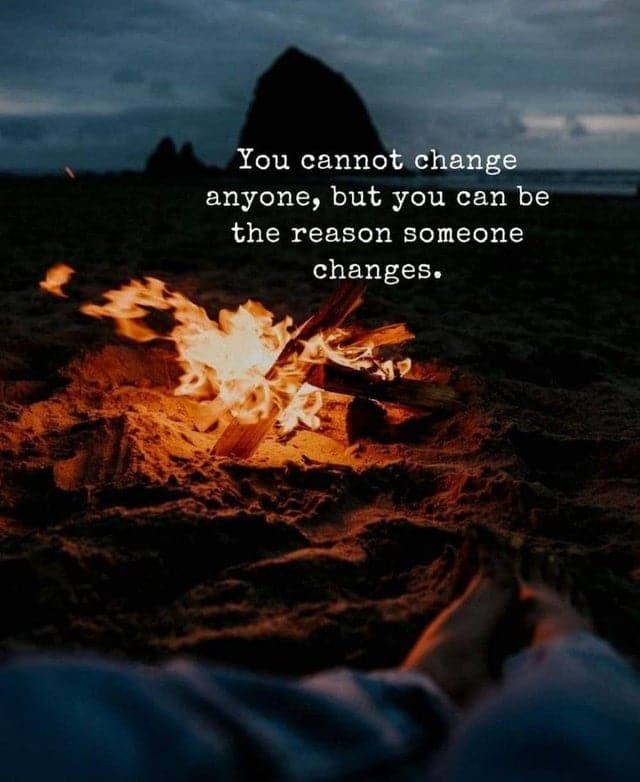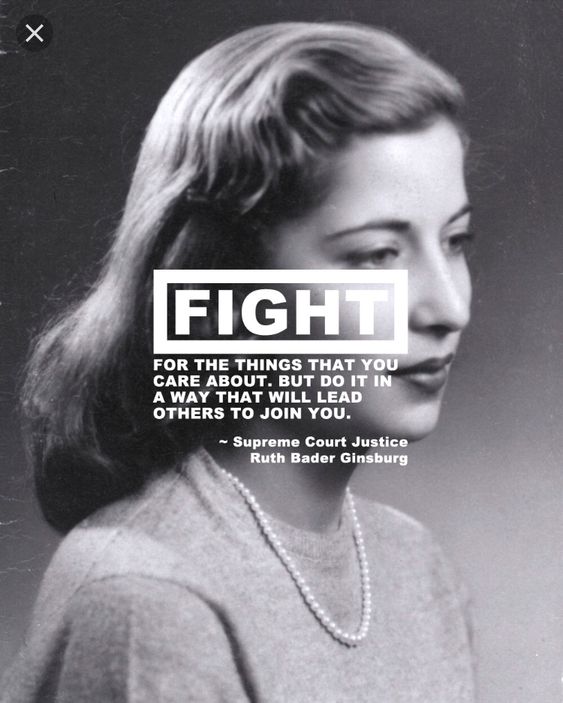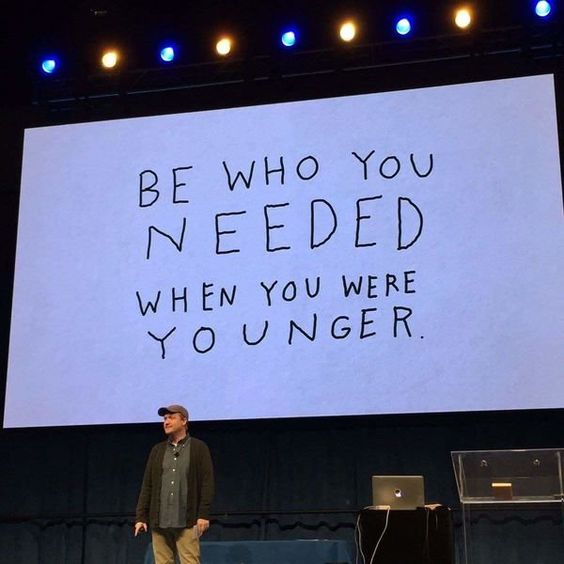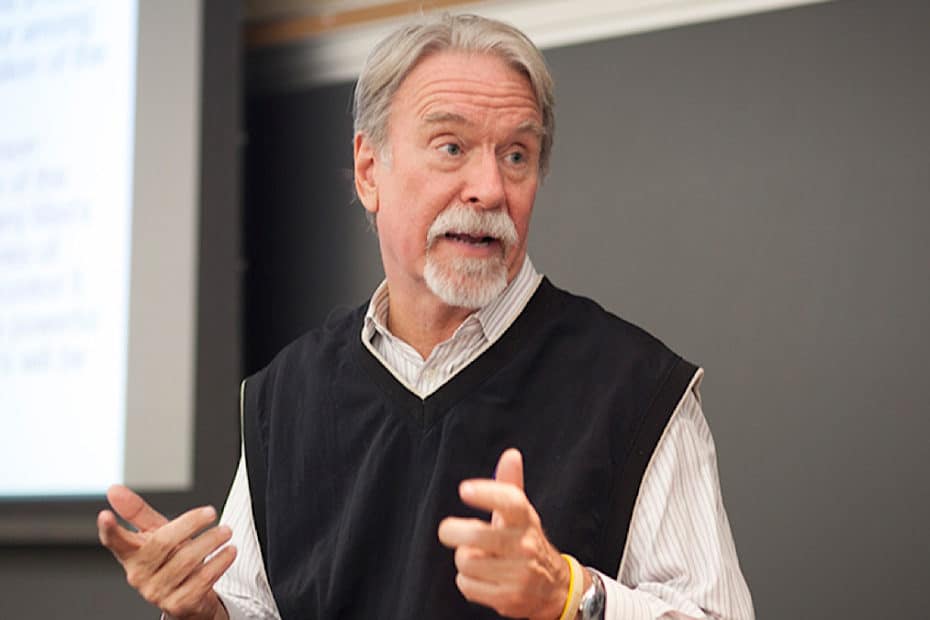“everyone is a teacher, but that does not mean everyone is correct.”
Yung Pueblo, Inward (Page 183)
“Here’s the thing about your heroes: You have to know about them to look up to them. The candidate pool is 100% limited by your exposure. That’s why so many kids look up to athletes, I think. They haven’t been exposed to enough other people to look up to them. Here’s how I think about that: Who haven’t I been exposed to that would inspire me if I knew they existed or knew the details of their lives? And how could I learn about those people?”
Barrett Brooks
“The people you admire, the ones who seem to be able to successfully handle and deal with adversity and difficulty, what do they have in common? Their sense of equilibrium, their orderly discipline. On the one-yard line, in the midst of criticism, after a heartbreaking tragedy, during a stressful period, they keep going. Not because they’re better than you. Not because they’re smarter than you. But because they have learned a little secret. You can take the bite out of any tough situation by bringing a calm mind to it.”
Ryan Holiday, The Daily Stoic (Page 386)
“The most dangerous man in the world is the contemplative who is guided by nobody. He trusts his own visions. He obeys the attractions of an interior voice, but will not listen to other men. He identifies the will of God with anything that makes him feel, within his own heart, a big, warm, sweet interior glow. The sweeter and the warmer the feeling, the more he is convinced of his own infallibility. And if the sheer force of his own self-confidence communicates itself to other people and gives them the impression that he really is a saint, such a man can wreck a whole city or a religious order or even a nation. The world is covered with scars that have been left in its flesh by visionaries like these.”
Thomas Merton, via Sunbeams (Page 77)
J. Keith Murnighan Quote on Leadership and The Importance of Thinking Before Acting
“Leadership Law: Think of the reaction that you want first, then determine the actions you can take to maximize the chances that those reactions will actually happen.”
J. Keith Murnighan, Do Nothing!
Beyond the Quote (334/365)
When working with others, this type of premeditative thinking is foundational for influencing the performance you desire. It’s reverse engineering for leadership. Rather than react the way you feel and hope it influences the behavior change you desire after-the-fact, you flip that thought process on its head and think about how you want the other person to react and engineer the best actions you can take to get them there. It’s thinking then acting rather than acting then thinking—which is almost always a better idea.
Read More »J. Keith Murnighan Quote on Leadership and The Importance of Thinking Before ActingViktor Frankl Quote on Influence and How To Nurture Greatness in Others
“Love is the only way to grasp another human being in the innermost core of his personality. No one can become fully aware of the very essence of another human being unless he loves him. By his love he is enabled to see the essential traits and features in the beloved person; and even more, he sees that which is potential in him, which is not yet actualized but yet ought to be actualized. Furthermore, by his love, the loving person enables the beloved person to actualize these potentialities. By making him aware of what he can be and of what he should become, he makes these potentialities come true.”
Viktor Frankl, Brain Pickings
Beyond the Quote (323/365)
For those who are trying to influence greatness in others I suggest this: don’t demand greatness; create the environment for greatness and let greatness flower as it may. Of course when you take the time to plant a seed, you want it to flower to its full potential—to become the greatest flower it has the potential to be. After all, you’re investing all of this time and energy into preparing its soil, watering it daily, protecting it from leaf-eating predators, and ensuring it has bountiful access to sunlight. Nobody wants to invest all of that time and energy into a seed that fails to flower to its full potential.
Read More »Viktor Frankl Quote on Influence and How To Nurture Greatness in Others“Fight for the things that you care about, but do it in a way that will lead others to join you.”
Ruth Bader Ginsburg, CNN
Eckhart Tolle Quote on Understanding Who You Are and How You Might Best Influence Others
“Who you are is always a more vital teaching and a more powerful transformer of the world than what you say, and more essential even than what you do.”
Eckhart Tolle, The Power of Now (Page 202)
Beyond the Quote (257/365)
But, isn’t what we say and what we do, who we are? Sure, our words and actions are key indicators of our identity, but what Tolle points out as being even more important is the intention behind the words and actions. It’s in how we say what we say and in how we do what we do that makes all of the difference. This is a crucial understanding because therefore, it’s the how that points us to understanding who we are.
Read More »Eckhart Tolle Quote on Understanding Who You Are and How You Might Best Influence OthersJohn C. Maxwell Quote on Birthdays and What Each Passing Year Can Mark In A Person’s Life
“Now more than ever I am aware that a person’s significant birthdays can either mark the passage of time, or they can mark changes they’ve made in their lives to reach their potential and become the person they were created to be.”
John C. Maxwell, Leadership Gold
Beyond the Quote (233/365)
As I sit and reflect on completing my first full year of my thirties, the saying that keeps coming to the forefront of my mind that I would say has guided me more than any other saying in this past year has been: Control what you can control, let go of what you can’t, and take what time is needed to understand where all things in your life fall. Without this expression in my mind, 30 would have turned out completely different for me.
Read More »John C. Maxwell Quote on Birthdays and What Each Passing Year Can Mark In A Person’s Life“I liked challenging people and making them uncomfortable. That’s what leads to introspection and that’s what leads to improvement. You could say I dared people to be their best selves.”
Kobe Bryant, Mamba Mentality (Page 88)
“Coaches are teachers. Some coaches—lesser coaches—try telling you things. Good coaches, however, teach you how to think and arm you with the fundamental tools necessary to execute properly. Simply put, good coaches make sure you know how to use both hands, how to make proper reads, how to understand the game. Good coaches tell you where the fish are, great coaches teach you how to find them. That’s the same at every level.”
Kobe Bryant, Mamba Mentality (Page 62)
Andy Andrews Quote on Leadership and How To Properly Influence Others To Keep Moving Forward
“It is never the duty of a leader to struggle for someone else; a leader must encourage others to struggle and assure them that the struggles are worthwhile. Do battle with the challenges of your present, and you will unlock the prizes of your future.”
Andy Andrews, The Traveler’s Gift
Beyond the Quote (219/365)
I repeat: It is never the duty of a leader to struggle for someone else. Nor is it their duty to take the struggle away from, to suffer the pain for, or to handle challenges that someone else is facing. A leader needs to live their own life as much as the follower needs to live theirs. But even more importantly, it is the duty of the leader to lead the follower to a better place—and doing the work for them doesn’t get them there. If anything, it handicaps them and makes them more vulnerable to the future rather than more resilient.
Read More »Andy Andrews Quote on Leadership and How To Properly Influence Others To Keep Moving Forward11 J. Keith Murnighan Quotes from Do Nothing! to Help You STOP Micromanaging
Excerpt: “Doing nothing” is about learning how to stop micromanaging. Read our 11 quotes from Do Nothing! and learn how important this idea really is…
Read More »11 J. Keith Murnighan Quotes from Do Nothing! to Help You STOP Micromanaging
Diane Dreher Quote on Micromanaging and How It May Cause More Harm Than Good
“Micromanaging erodes people’s confidence, making them overly dependent on their leaders. Well-meaning leaders inadvertently sabotage their teams by rushing to the rescue and offering too much help. A leader needs to balance assistance with wu wei, backing off long enough to let people learn from their mistakes and develop competence.”
Diane Dreher
Beyond the Quote (194/365)
In the earliest stages of a child’s development it is the responsibility of the parents to provide the most ideal nurturing environments and circumstances. Children are, essentially, completely dependent on what their parents provide. As they grow, however, so too does their ability to accept responsibility and manage their own surroundings—starting on a micro level and growing in size proportionally as they mature.
Read More »Diane Dreher Quote on Micromanaging and How It May Cause More Harm Than Good“The key is to plan, envision, and articulate what you see in the future both for yourself and for your employees. Because if you don’t articulate it—I mean, write it down, clearly, so others can understand it—you don’t own it! And do you know that in all the years I’ve been doing this work with small business owners, out of the thousands upon thousands we’ve met, there have only been a few who had any plan at all! Nothing written, nothing committed to paper, nothing concrete at all.”
Michael Gerber, The E-Myth Revisited (Page 65)
